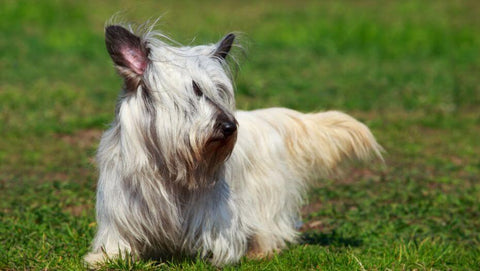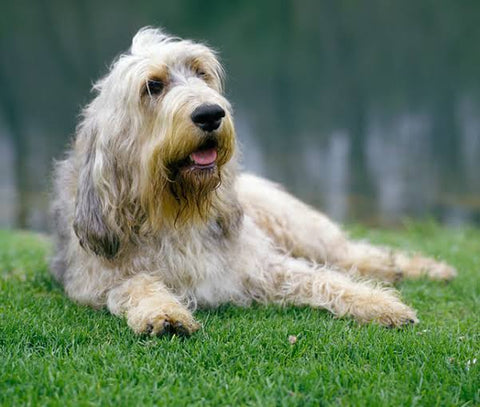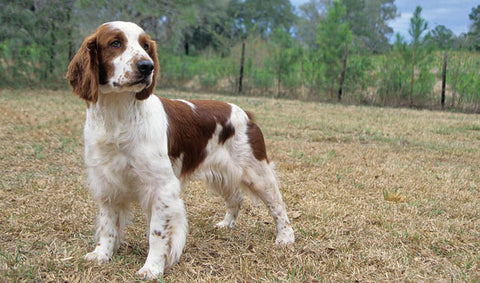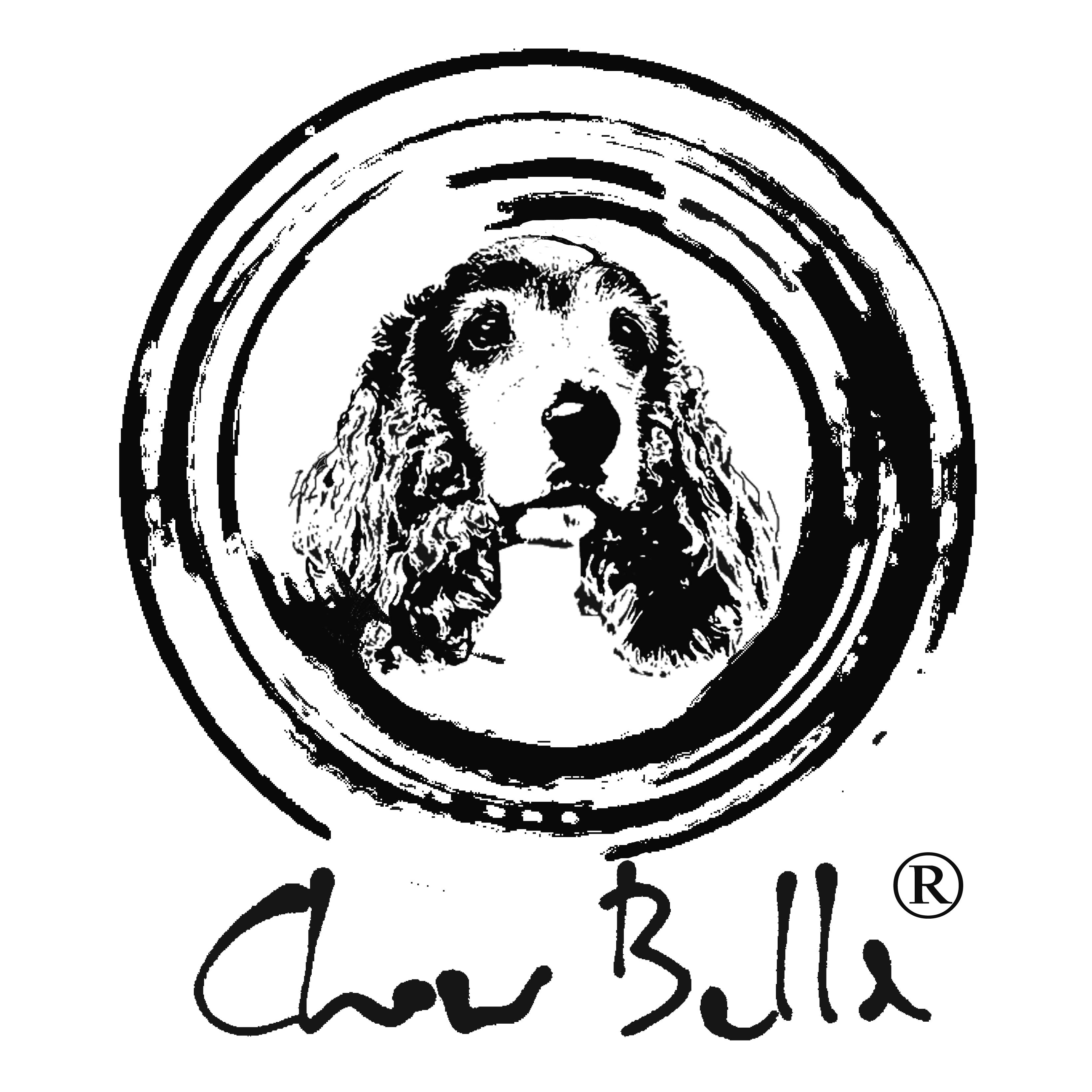If you're looking for a new puppy, you might perhaps be thinking of a cute little Cockapoo or a fluffy Labradoodle.
Or perhaps you're thinking of a trusty Labrador or the highly popular French Bulldog?
Well, did you know that in the UK there are actually over 200 native dog breeds?
Many of these get overshadowed by the more popular breeds, and some of them are actually at risk of disappearing completely.
Want to know more? Read on to find out about just a few of our gorgeous, British dog breeds that deserve a second chance.
Protecting Britain's Heritage: A Guide to Vulnerable and At-Risk Dog Breeds
In recent years there has been a surge in trendy crossbreeds such as Cockapoos, which whilst not recognised by the Kennel Club, are now almost as popular as the long-standing Labrador Retriever.
With the spotlight being on the most popular breeds (including Labradors, French Bulldogs and Cocker Spaniels), some of our native dogs that go back centuries are dwindling so much that they are considered vulnerable.
The Kennel Club keeps an eye on any native breeds with less than 450 puppies registered each year.
This year saw the Scottish Terrier joining the At Watch list with only 406 puppies registered in 2023. The Scottie is perhaps most well known for featuring in the board game Monopoly as well as on Radley handbags.
In this blog, we'll take a look at some other vulnerable breeds native to the UK.
Spotlight on Rare Breeds
The Skye Terrier - 36 puppies registered in the UK in 2023

Hailing from Scotland, the beautiful Skye Terrier is distinguished by its long, elegant coat and noble posture. This breed is perhaps most famous for being extremely loyal, with a dog called Greyfriars Bobby spending 14 years guarding his owner's grave until he died in 1872.
This breed, emblematic of Scottish loyalty and bravery, offers dog lovers a chance to own a piece of living history. Supporting the Skye Terrier means preserving an integral part of Scotland's canine heritage. Learn more at The Kennel Club's breed page for the Skye Terrier.
The Otterhound - 18 puppies registered in UK in 2023

Not for the fainthearted, the gorgeous, shaggy Otterhound is a rambunctious, large breed with a great sense of humour. Originally bred for hunting Otters (now illegal in the UK), their numbers have sadly dwindled greatly over the last century.
Featuring webbed feet, Otterhounds love following scents and swimming. They can be on the boisterous side so may not be suitable if you have small children.
The Otterhound's dwindling numbers make it a breed in urgent need of our support. Discover more about the Otterhound at The Kennel Club's breed page.
The Welsh Springer Spaniel - 167 registered puppies in UK 2023

The red and white Welsh hunting dog was mentioned in Welsh literature in the Middles Ages and it is thought that these provided the ancestry for the Welsh Springer Spaniel. These dogs can be reserved with strangers but are friendly, and will likely follow you everywhere.
As a versatile gundog deeply embedded in Welsh tradition, choosing a Welsh Springer Spaniel contributes to the preservation of this valuable part of Welsh heritage. Learn more at The Kennel Club's breed page for the Welsh Springer Spaniel.
How You Can Help
Adopting a vulnerable or at-risk breed from the UK is a meaningful way to contribute to the preservation of our rich canine diversity.
By choosing one of these lesser-known breeds, you're making a significant impact on their survival and ensuring the continuation of the UK's unique canine heritage.
Responsible Ownership and Breeding
Taking on the responsibility of a vulnerable breed means committing to their well-being and advocating for their preservation through responsible breeding practices and public awareness.
This commitment helps maintain the breed's characteristics for future generations and supports their continued presence in our lives.
Finding a Reputable Breeder for Your Vulnerable Breed Puppy
Choosing to bring a puppy from a vulnerable or at-risk breed into your home is a commendable decision that not only brings joy into your life but also contributes to the preservation of these precious breeds.
However, it's crucial to ensure that your new furry friend comes from a breeder who prioritizes the health, well-being, and ethical breeding of these dogs.
The Kennel Club Assured Breeders Scheme
To help you in your search for a reputable breeder, The Kennel Club offers the Assured Breeders Scheme.
This program is dedicated to promoting responsible breeding practices, ensuring that breeders comply with specific health and welfare standards.
When you choose a breeder who is part of The Kennel Club Assured Breeders Scheme, you're making a choice that supports the ethical treatment and preservation of dogs.
For more information on finding a responsible breeder and to begin your search, visit The Kennel Club's Assured Breeders Scheme page.




